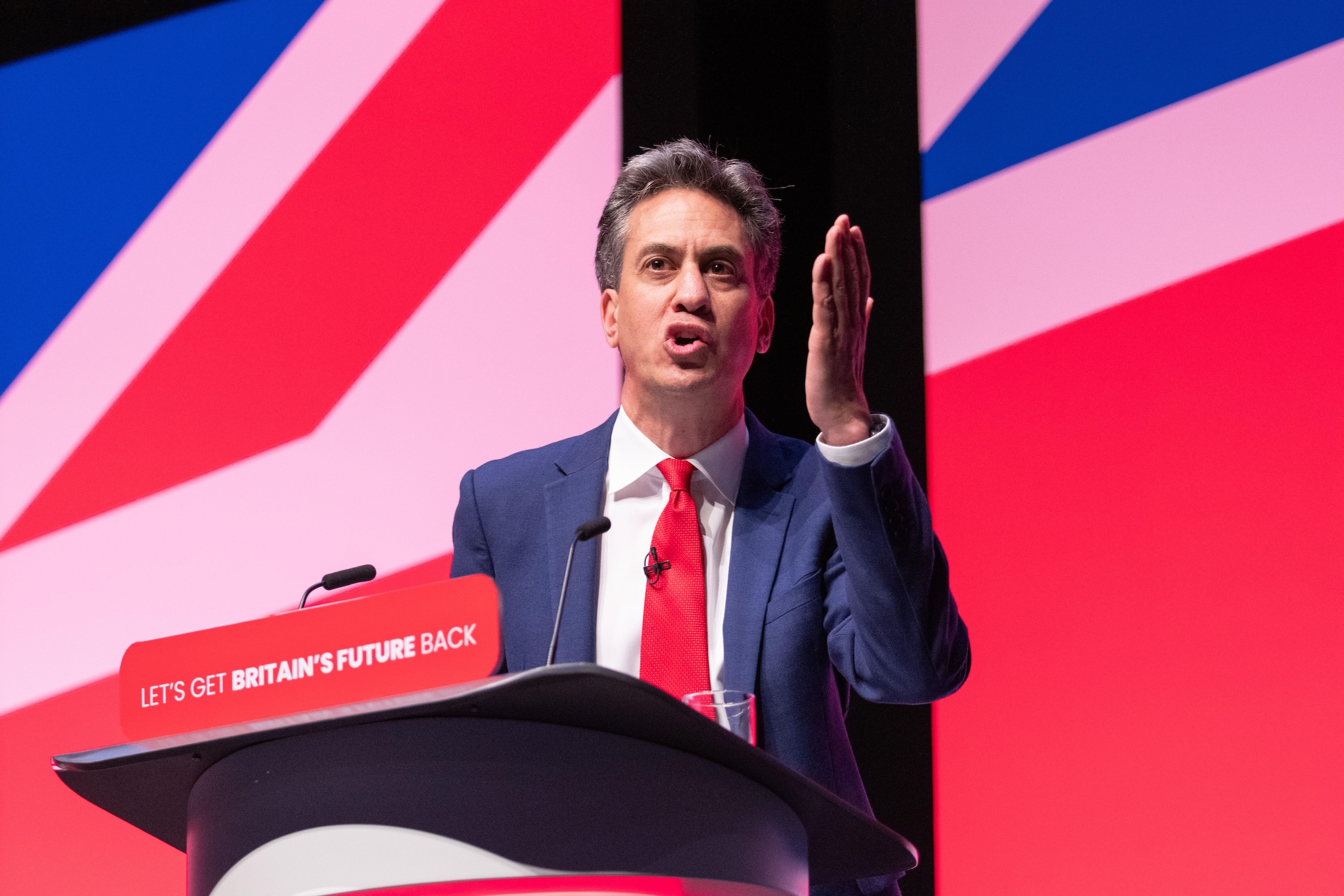A public servant or a banker. Who do you want as your prime minister?
Precarity and insecurity define this election. A leader who understands public services has never been more important.
Apart from a few policies, Labour and the Tories seem to sing from the same hymn sheet. Both rule out tax rises and increased borrowing. Both pledge to reduce immigration. Both refuse to countenance rejoining the EU. So, voters yawn, roll their eyes and turn their TVs off. Once, politics was about choice.
Voter apathy will be a key theme of this election, with concerns that neither party will introduce consequential change, even if they wanted to. They begrudge bureaucracy, self-imposed spending constraints, and the inertia characterising the short electoral cycles of British politics. For many, particularly progressives, this comes with a specific disappointment aimed at Keir Starmer. Some might concede that Labour has to capture the middle ground to win under first past the post. But the disappointment is palpable. The lack of radicalism is turning voters off altogether and pollsters are anticipating lower than average turnout across the country on 4 July.
However, there is one key difference between the two leaders, which could be consequential in power. On Monday night, Labour launched a new attack ad – this time focusing on Rishi Sunak’s professional history. The video, in the style of Adam McKay’s iconic film The Big Short, recounts the prime minister's time as a partner of a hedge fund in 2007. It explains how his company profited from the financial crisis, buying a failing bank and selling it to the Royal Bank of Scotland. The video is punchy, but it also highlights an important point. The leader of the Conservative party – multi-millionaire, richer-than-the-King Rishi Sunak – profited from this country’s misfortune. At a time when people were desperately queuing to extract their life savings from high street banks, he and his colleagues were patting themselves on the back for a job well done. The video illustrates this stark difference between the two party leaders. If Sunak was lining his pockets, then what was Starmer doing?
In the beginning, Labour feared that Starmer’s past life as a human rights lawyer would come back to haunt him. The Tories had long been waging a broadly successful war on “leftie lawyers”, who they deemed the enemy of Brexit and Britain’s sovereignty over its borders. They feared that despite Starmer’s track record for incarcerating criminals, it would be his defence of terrorists and murderers that would cut through.
Yet now, in the white heat of a general election, the principles and personalities of these two leaders matter more than ever. During his time as chief of the Crown Prosecution Service, Starmer modernised processes within the department and set up the Northern Ireland Police Board in the wake of the Good Friday agreement. His track record over the years shows a public servant who demonstrated leadership, reform and a rich understanding of justice and human rights. In comparison, Sunak’s professional history consists of enriching a small minority of indulgently wealthy shareholders. There is not a single stroke of public service on his CV. The question Labour want to put in voters’ minds is: Of these two figures, who would you rather have as your prime minister?
This is meaningful. Public services are on their knees. Meanwhile, crises continue to flare up: more council bankruptcies, more NHS overburdening, and more global conflict. When these incidents happen, as they so often do, voters want a leader who has experience in governance and understands how public services interact with the public.
While Starmer may not appear radical, his professional history proves he is responsible. He understands public infrastructure and has a history of advocating for the rights of citizens. Sunak, on the other hand, shows little more than a desire to generate personal and professional wealth.
After a decade of decline, the country faces stark challenges: increasing poverty, inequality, failing public services and permanent volatility. Once, Sunak’s financial background could have seemed to confirm the party’s perceived economic competence. Now, in the wake of a cost of living crisis and Liz Truss’ reckless mini-budget, voters are suspicious of the Conservative’s competence and trustworthiness. Instead, voters seek pragmatism and experience and a safe pair of hands.
The Lead is now on Substack.
Become a Member, and get our most groundbreaking content first. Become a Founder, and join the newsroom’s internal conversation - meet the writers, the editors and more.





